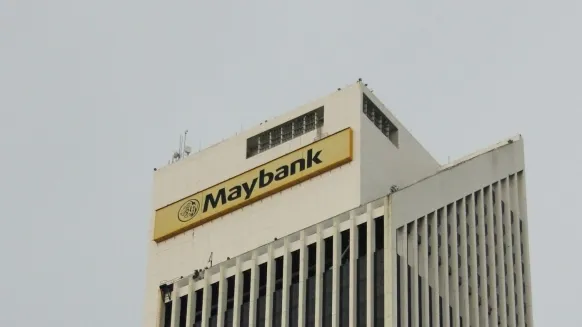
Islamic banking risk management standards
By Pedro GarciaIslamic Risk Management standards aim at enhancing and improving the current standards in the shariah compliant banking industry.
This article aims to address the current challenges faced by Chief Risk Officers in Islamic Banks, who are trying to move from standardized risk approaches to more sophisticated modeling approaches.
The move from conventional banking to Islamic banking has evolved at a pace that gives enormous rise for uncertainty especially when dealing with misunderstood and non-standardised products and financial solutions that aim to be compliant with Islamic law and jurisprudence. However, therein is the opportunity
Islamic Banking is the fastest growing financial industry in the world, at a rate of 50 and more percent per annum, however that the pace of growth should be matched with an equal amount of focus on best practices to mitigate unwanted exposures due to:
- Market risk
- Repayment risk
- Operational risk (including reputational, strategic and compliance risks)
Most of the current shariah compliant products are in fact not very dissimilar to their conventional counterparts. Their capital and cash flows are in fact almost non-distinguishable from conventional flows and thus would mistakenly give the impression that inherent risks are similar if not equal to conventional exposures.
This assumption could certainly be true as many banks have unfortunately adopted a model that aims at emulating conventional banking customer needs (mortgages, car financing, personal finance, public debt etc.) whilst applying an Islamic vehicle (front end) that is approved by its internal shariah board. The fact that all banks are obliged to have their own Islamic approval mechanism contributes to the product inconsistencies across the
industry and is also evident across different financial markets.
The definition of distress, repayment delay or even default as per conventional banking is not recognized within Islamic jurisprudence and therefore there are unique processes required to deal with such inherent risks across the spectrum of Islamic finance.
Coping with current challenges
Regulatory minimum standards imposed by the Bank for International Settlements (BIS) has led to an increased awareness and need for sophisticated approaches to tackle risk ratings. The lack of internal data to derive adequate internal computation of expected loss (EL) is very true for most banks as they just started offering Islamic banking or have not had losses so far. The key is to start collecting data right away and enhance the granularity of the distribution curve as time evolves and in the interim add external proxy data to overcome data gaps. A periodic validation process is necessary to enhance the model as time evolves.
Addressing the right level of sophistication to tackle risk
Competition and Shareholder pressure to excel in risk management has increased over the last decade and is evident across the Islamic financial world.
The way forward
Chief Risk Officers in Islamic Banks should start strategizing internal modeling techniques immediately to overcome future data requirements. The fact that current data is scarce should not hinder banks to start the process of collecting risk factors. Internal models are needed to compute expected loss for internal assets and periodic validation should be conducted independently to verify the model’s accuracy and robustness.
Pedro Garcia, Executive Consultant, Litmus Group




















 Advertise
Advertise












